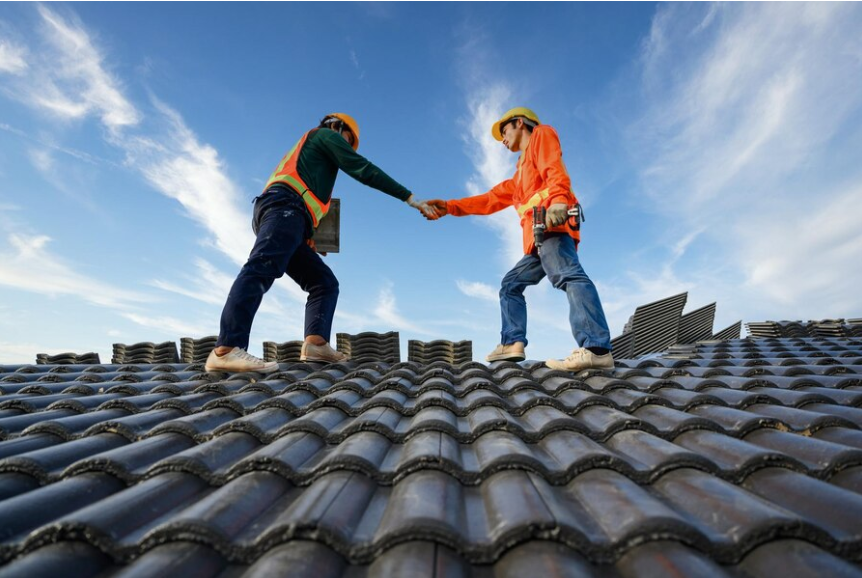In the roofing choices, the decision between metal and traditional asphalt roofs is difficult, as each comes with its own set of advantages and drawbacks. The performance of each type of roofing depends on the composition or the material it is made of. The metal roofs are commonly made of steel, aluminum, or copper, and the asphalt shingles are made of fiberglass or organic felt base, which is coated with asphalt, a petroleum byproduct. This understanding of the materials gives a sense of their basic qualities.
Let’s compare the various factors that differentiate metal roofing and traditional roofing.
Durability:
One of the major pros of Metal roofs is that they have an impressive lifespan of 40-70 years, outlasting traditional asphalt roofs by a significant margin. They offer superior resistance to natural disasters and endure harsh weather conditions with minimal deterioration. Conversely, asphalt shingles typically last 20-30 years but are susceptible to granule loss, cracks, and weather-related damages. Additionally, metal roofs exhibit fire-resistant properties, enhancing their durability further.
Cost:
Metal roofing and installation costs tend to be higher compared to asphalt roofs. Factors such as brand, metal type, design, and installation complexity influence the overall cost. It’s crucial to assess the budget carefully and weigh the long-term benefits against the initial investment.
Improved Curb Appeal:
Both metal and asphalt roofs come in a wide array of designs and colors, allowing homeowners to customize their roofing to match the aesthetic of their property. Metal roofs can be painted to complement the house color, and metal shingles can replicate the appearance of traditional asphalt shingles, catering to diverse style preferences.
Energy Efficiency:
Metal roofs excel in energy efficiency by reflecting sunlight, thus keeping the property cooler and reducing cooling costs during hot summers. Conversely, asphalt shingles retain heat, leading to increased cooling expenses.
Sustainability:
Metal roofs, made from aluminum and steel, are highly sustainable as they can be easily recycled without adverse environmental impact, promoting eco-friendly practices in roofing. The Asphalt shingles take 300 years to decompose but currently, there are methods to recycle asphalt shingles.
Noise Insulation:
One of the major metal roofing cons is that they are prone to dents from hailstorms and tree branches and they may produce more noise during rainfall and hailstorms. In contrast, asphalt roofs provide better noise insulation, offering a quieter indoor environment.
Installation:
Metal roofing installation requires expertise and is less common compared to asphalt shingle installation. It’s imperative to select a reputable roofing contractor with the necessary skills and experience to ensure a perfect installation process. Asphalt shingle installation is relatively straightforward, and certified roofing contractors are readily available.

Conclusion:
These are the pros and cons of metal roofs and asphalt roofs. The choice between an asphalt roof and a metal roof depends on individual preferences and specific requirements. While asphalt roofs offer affordable and good noise insulation, metal roofs have superior durability, energy efficiency, and sustainability. Regular maintenance is essential for asphalt roofs to prolong their lifespan, whereas metal roofs require minimal maintenance.
At GoodGuys Roofing, we guide you with roofing options suitable to your needs, whether you opt for metal or asphalt roofing. With our licensed roofing contractors and premium materials from leading brands, backed by extensive warranties, we ensure reliable protection for your property. Contact us today for all your roofing needs.



